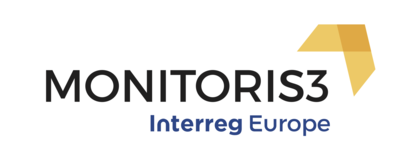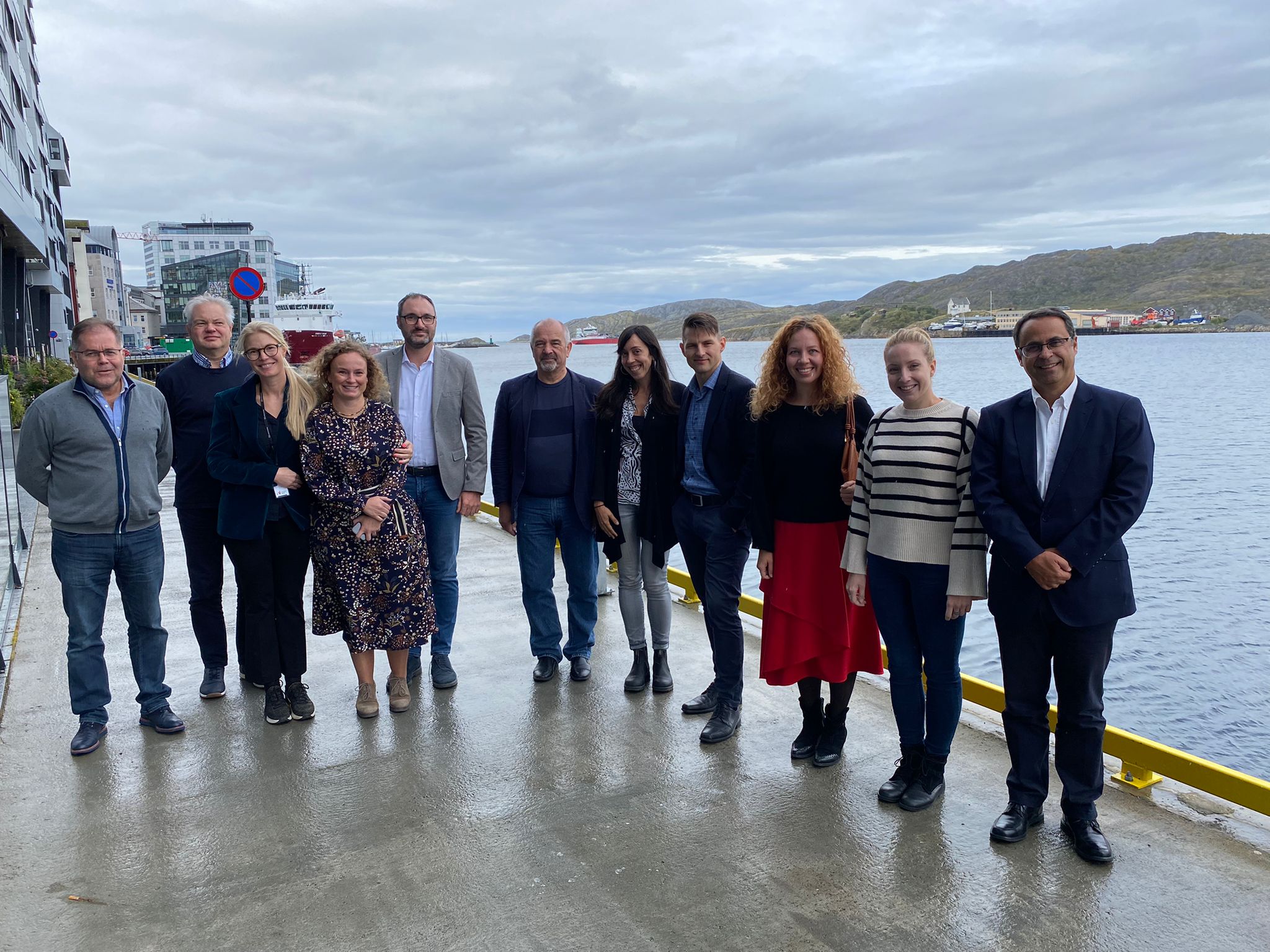The Action Plan elaborated by Norte Region aimed at improving the monitoring of policy instruments, duly framed in the Norte Region Smart Specialisation Strategy (NORTE RIS3) monitoring system, with two objectives for policy improvement: institutional capacity building and governance model.
Through this action it was implemented a new methodology for monitoring the policy instruments developed in the phase 1 of the project: “Norte Region Smart Specialisation Strategy (NORTE RIS3). A Monitoring System Methodological Approach for MONITORIS3 Project”. This work was considered a good practice by the Interreg Europe Policy Learning Platform and is published on the S3 platform website of the European Commission.
The main outputs of the work developed was the production of two annual monitoring reports of the policy instruments related to the hiring of highly qualified human resources (HQHR) in the context of NORTE RIS3. The reports contemplate the monitoring of the instruments in global terms and by priority domains, the achievements and results, as well as the regional context conditions for innovation and the final conclusions and recommendations resulting from this monitoring process and from the involvement of the main stakeholders and the Managing Authority (MA) of the Regional Operational Programme (NORTE 2020), through the organization of meetings and written consultations. The regional stakeholders involved were representatives of public administration bodies responsible for R&D&I, higher education and polytechnic entities, NORTE RIS3 priority domains platforms, Interreg Europe projects in the area of monitoring and also NORTE 2020 MA. The involvement of stakeholders within the implementation of the RIS3 monitoring system was a new feature that provided a new perspective of the different R&D&I policy instruments that are linked to the RIS3, for the current and the next programming period of European Union policies, in particular the hiring of HQHR, and ensured that the level of interregional learning does not only occur at the individual level of the institution participating in the project but also at the level of the relevant stakeholders in the region.
The operationalization of this action implied the execution of some tasks, like collection of annual data, processing and analysis of the data, preparation of the annual monitoring reports, organization of annual meetings of the Regional Stakeholders Group (RSG), publication and dissemination of the monitoring report in CCDR-N website and production of recommendations from the RSG. The reports were directed to the NORTE 2020 MA, to the RIS3 platforms and also to the Regional Innovation Council.
Main conclusions and recommendations that resulted from the monitoring process: (i) Importance and pioneering nature of this exercise - it should be continued and updated; (ii) Achievements and results of policy instruments: the broadening of the focus of the instrument in terms of new beneficiaries and addresses allowed an increase of the level of achievements - it is recommended to promote more effective strategies to promote demand through awareness campaigns and mobilizing strategic stakeholders, to consider greater articulation or integration of policy instruments, like doctoral programs, R&D projects and hiring of HQHR, to maintain the broader level of qualification required; (iii) RIS3 NORTE Priority Domains: some domains are more supported through a given instrument then others – it is recommended to ensure greater articulation in thematic terms with regard to different policy instruments, to reinforce regular consultation and coordination between businesses and the scientific and technological system to monitor the labour market needs and consequent training offer, to provide the possibility of revising the RIS3 during the programming period; (iv) Territorialisation of policy instruments: there is an imbalance in the way in which the hiring of HQHR in approved projects is present in the territory, with a clear division between the main urban centres and the rest of the region – it is recommended to promote a more balanced Regional Innovation System capable of responding to the challenges of the territorial expansion of the economic base of Norte, with greater articulation between scientific and technological institutions and businesses in the territories with the greatest deficit in HQHR, and to continue the launch of specific calls for certain sub-regional areas; (v) Monitoring system: the reports ensured the integrated monitoring of policy instruments included in Investment Priorities 1.1, 1.2 and 8.5 – it is recommended to extend the monitoring to other instruments that also support the hiring of HQHR and that the information systems provide the necessary data updated, to consider in the evaluation exercises the effectiveness of the instruments and the sustainability of the employment created, as well as potential overlapping of instruments











